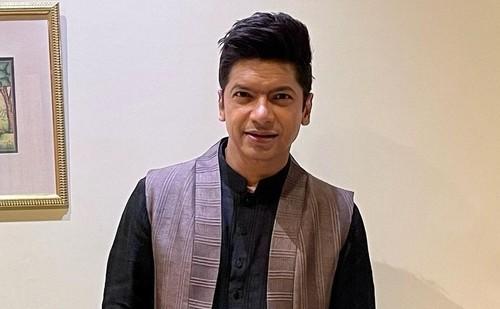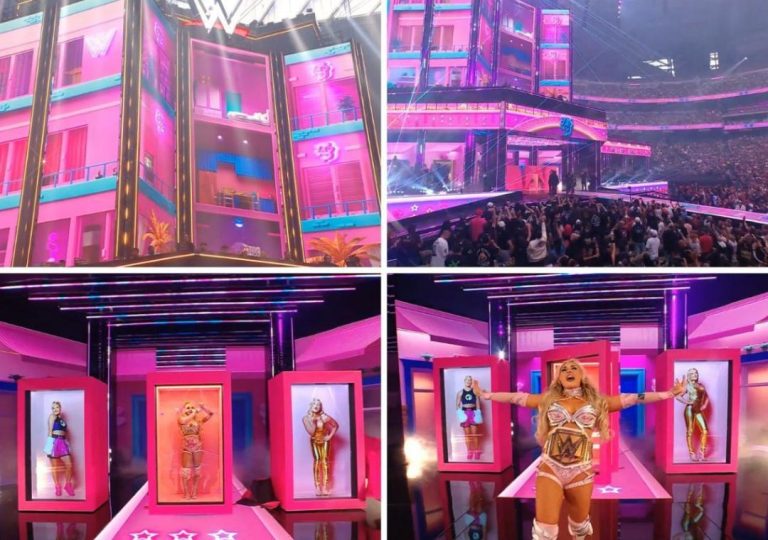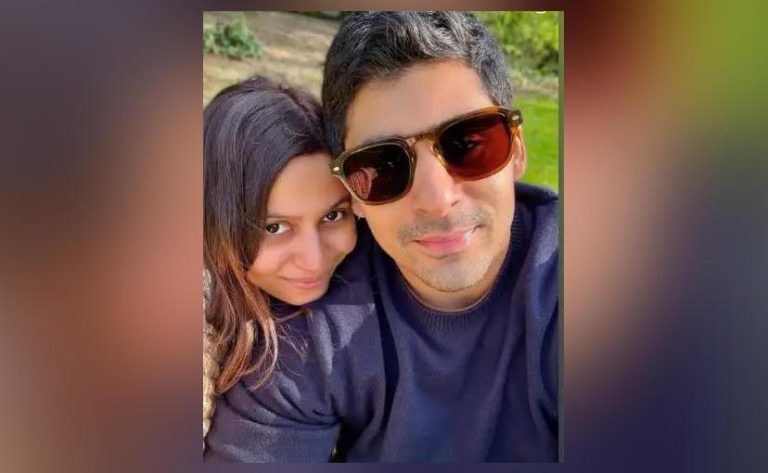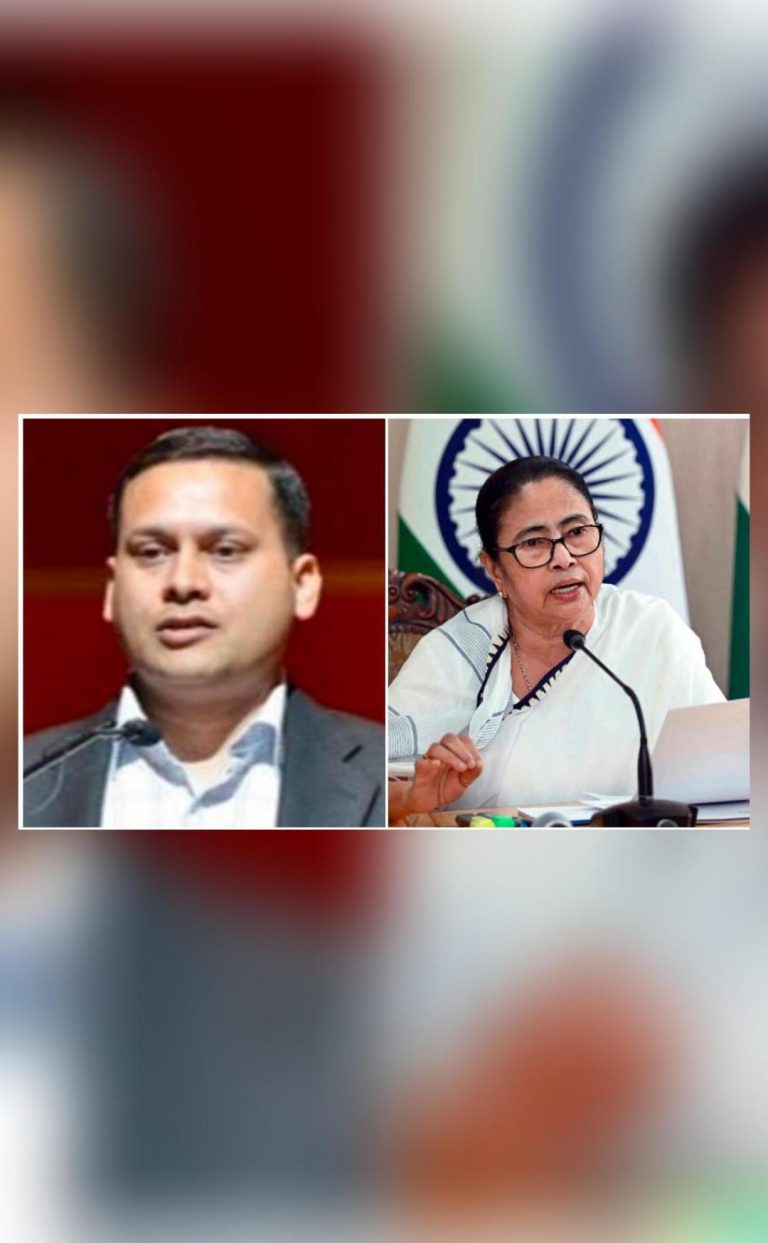
Reality Show’s Performances are Re-Recorded in Studio Later: Shaan
Reality TV shows have become a staple in today’s entertainment industry, with singing competitions being one of the most popular genres. Shows like Indian Idol, The Voice, and Sa Re Ga Ma Pa have been entertaining audiences for years, with talented singers competing against each other to win the coveted title. However, singer Shaan has recently dropped a bombshell that has left many fans stunned. According to Shaan, performances at singing reality shows are re-recorded in a studio later, which has raised questions about the authenticity of these shows.
In an interview, Shaan revealed that the reality TV shows are not as authentic as they seem. He said, “Earlier, they used to tweak the tuning a bit. But now, the entire song is completely re-dubbed.” This means that the singers who perform on these shows do not actually sing the entire song live. Instead, their vocals are recorded separately and then mixed with a pre-recorded track.
Shaan’s statement has sparked a lot of debate among fans and critics alike. While some people may not be surprised by this revelation, others are shocked and feel that it undermines the entire concept of reality TV. After all, the purpose of a reality show is to showcase real talent and competition, not to create a scripted performance.
But why are reality TV shows resorting to this practice? According to Shaan, it’s because the producers want to create a more polished and perfect performance. He said, “So when you hear it…you’re blown away…Your expectations go sky-high. But when you call singers to sing something…you realise they’re a major disappointment.” This suggests that the producers are more interested in creating a dramatic and exciting performance than in showcasing the actual talents of the singers.
This practice is not limited to singing reality TV shows. Many other reality shows, such as dance and cooking competitions, also use pre-recorded tracks and editing to create a more polished performance. This raises questions about the authenticity of these shows and whether they are truly showcasing real talent or just scripted performances.
So, what does this mean for the singers who participate in these shows? According to Shaan, it means that they are not actually competing against each other. He said, “When you’re singing live, you can’t repeat the same thing. You have to be spontaneous. But when you’re re-recording, you can do it as many times as you want.” This means that the singers who perform on these shows are not actually showcasing their skills or talent, but rather their ability to follow instructions and mimic a pre-recorded track.
This revelation has also raised questions about the judging process on these shows. If the performances are not actually live, then how can the judges make informed decisions about the singers’ abilities? It’s clear that the judging process on these shows is not as straightforward as it seems, and that the producers may be having a significant impact on the outcome.
So, what can fans do to make sense of this revelation? Firstly, they can be more critical of the shows they watch. Rather than simply accepting what they see on screen, they can look for clues that suggest the performance may not be live. Secondly, they can demand more transparency from the producers and networks. By knowing the truth about how these shows are created, fans can make more informed decisions about what they watch and support.
In conclusion, Shaan’s revelation has raised important questions about the authenticity of reality TV shows. While it may be convenient for producers to create a more polished performance, it’s clear that this practice undermines the very concept of reality TV. As fans, it’s our job to be critical and informed, and to demand more transparency from the producers and networks. By doing so, we can ensure that we get the real deal and not just a scripted performance.






